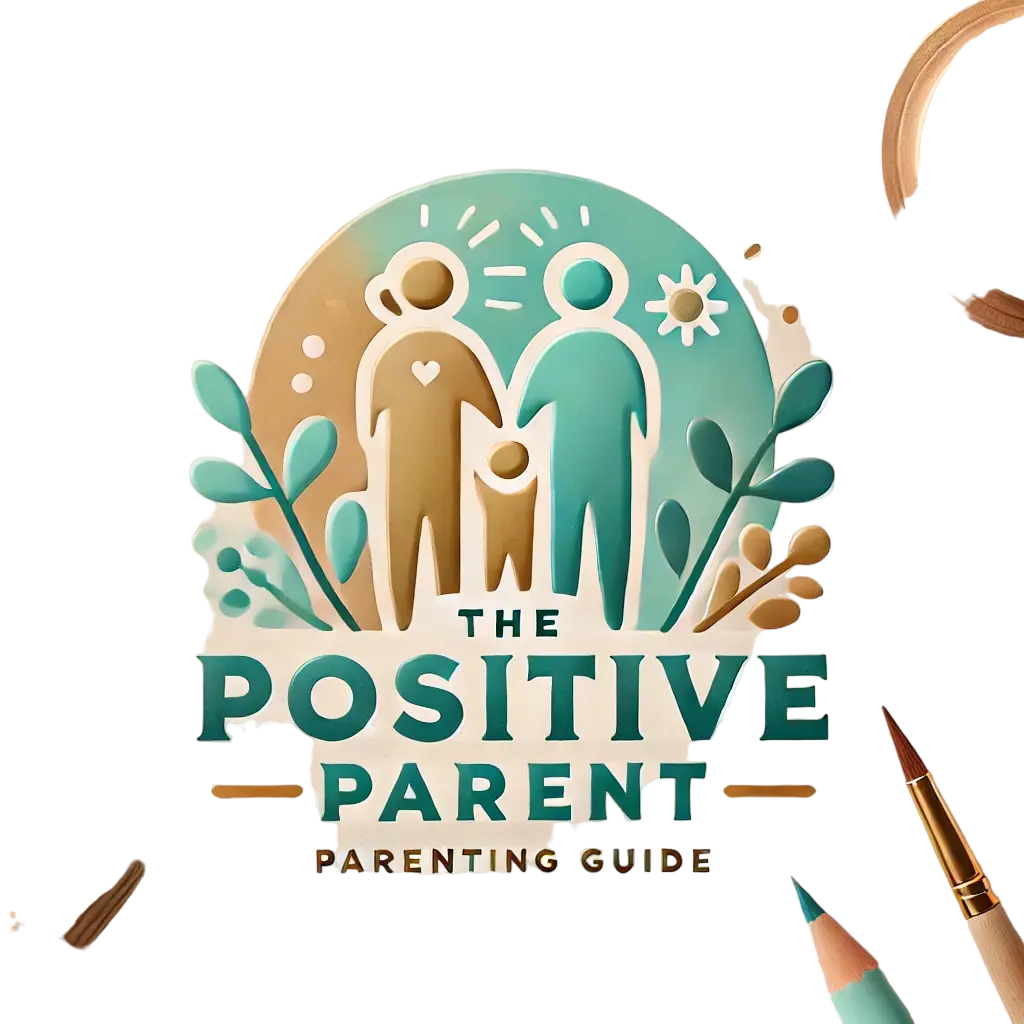How To Recognize the Signs of Ectopic Pregnancy Pain
Category
Categories

Recognizing Symptoms of Ectopic Pregnancy
Abdominal pain can be a common symptom during pregnancy, but if experienced early in the first trimester, it could indicate an ectopic pregnancy, as explained by Dr. Tracy Anderson, an OB-GYN from Kaiser Permanente.
Ectopic pregnancies occur outside the uterus, typically in the fallopian tube, and are non-viable. Failure to address this condition promptly can lead to serious complications such as fallopian tube rupture, internal bleeding, and even maternal death.
When Does Ectopic Pregnancy Pain Start?
At the beginning, ectopic pregnancies exhibit common early pregnancy signs like breast tenderness, nausea, and a missed period. However, after a few weeks, many individuals with ectopic pregnancies will experience vaginal bleeding and abdominal pain. Dr. Anderson mentions that around half of ectopic pregnancies may not present any unusual symptoms.
Ectopic pregnancies are usually identified after 6 to 8 weeks of pregnancy, as stated by Dr. Mark D. Levie, a professor of OB-GYN and women’s health at the Albert Einstein College of Medicine. Nevertheless, there are exceptions to this timeline. For instance, if the ectopic pregnancy occurs outside the fallopian tubes, such as in a C-section scar, symptoms may manifest at a later stage.
Types of Pain Associated with Ectopic Pregnancy
Experiencing pain in various areas can be a sign of an ectopic pregnancy, and the locations may not be what you expect. It is essential to remember that while some degree of discomfort is typical during pregnancy, it is crucial to seek advice from a healthcare professional if you have any concerns about the pain you are feeling.
Abdominal discomfort
The primary indications of ectopic pregnancy include bleeding or spotting in the early stages of pregnancy and abdominal discomfort, according to Dr. Levie. The discomfort typically manifests in the lower abdomen or pelvic area, often on one side of the body.
The sensation can range from dull to crampy, persistent to intermittent, and may exacerbate with motion. As the ectopic pregnancy advances, abdominal discomfort may intensify and become acute. Additional symptoms may include nausea, diarrhea, and gastrointestinal discomfort.
Shoulder pain
Shoulder pain can be a symptom of a ruptured fallopian tube in later stages of ectopic pregnancies. The accumulation of internal blood under the diaphragm can irritate nerves, resulting in pain that radiates to the shoulder and neck. It is crucial to seek immediate medical attention if you suspect this complication.
Other Symptoms of Ectopic Pregnancy
In addition to abdominal pain, ruptured ectopic pregnancies can lead to feelings of lightheadedness, weakness, and fainting. It is crucial to seek immediate medical attention if you experience these symptoms during your pregnancy.
What To Do If You Suspect Ectopic Pregnancy
If you suspect an ectopic pregnancy, it is important to seek medical help if you experience abdominal discomfort or bleeding in the first trimester. While light spotting and cramping can be normal in healthy pregnancies, it is best to err on the side of caution.
Health care providers will use ultrasound and quantitative hCG blood tests to monitor fetal development. If an ectopic pregnancy is detected, methotrexate is commonly used for treatment to terminate the pregnancy.
In cases of large, advanced, or ruptured ectopic pregnancies, laparoscopic surgery may be necessary for treatment. With proper care, individuals can fully recover and have healthy pregnancies in the future.



